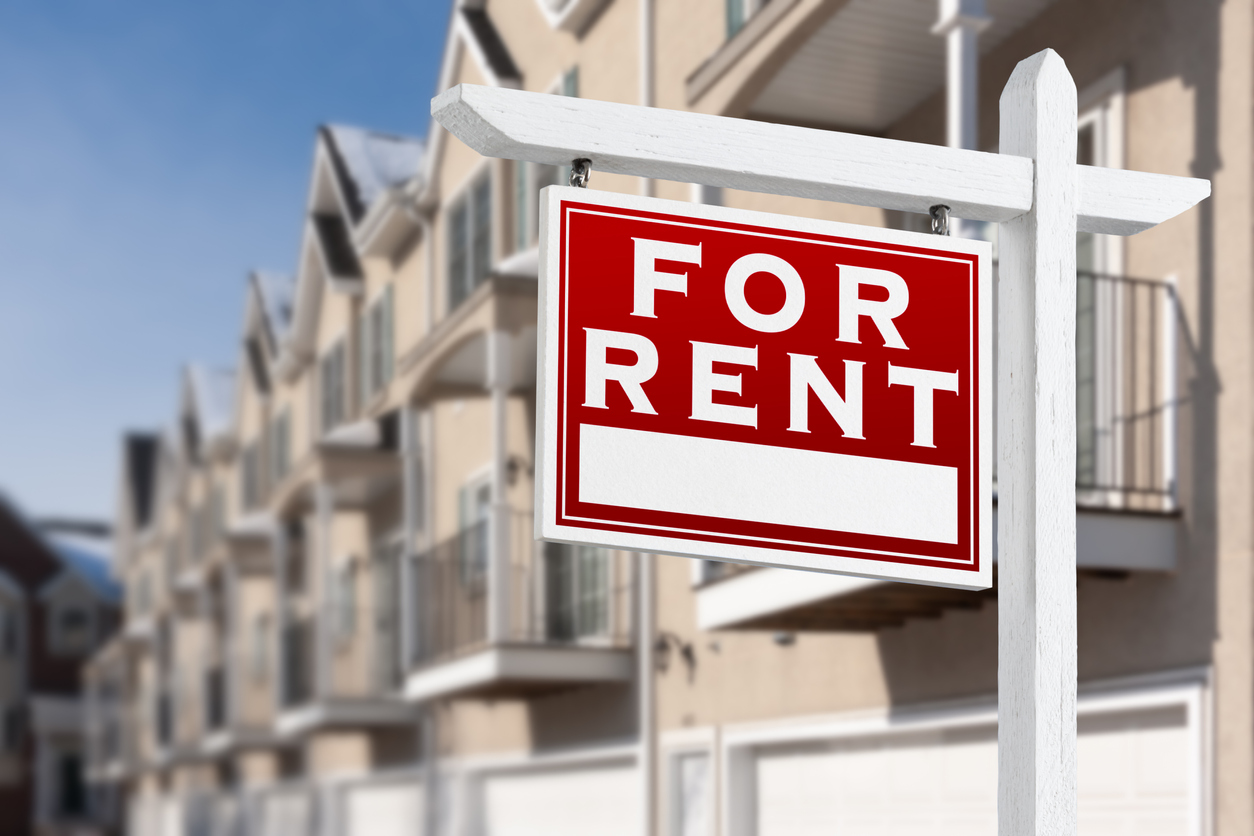Introduction
Governor Gregoire and some Democratic legislators say they do not believe the state’s 2011–13 budget can be balanced without imposing tax increases. Realizing the required two-thirds vote does not exist in the Legislature to raise taxes, some lawmakers say they will withhold their vote for a budget unless a tax increase ballot measure is sent to voters for consideration. Complicating this strategy are two factors — the 2012 election calendar and the likelihood Washington voters would once again reject a tax increase.
Regarding the election calendar, state elections co-director Katie Blinn says the state needs 10.5 weeks’ notice to put a measure on the April 17 ballot, so lawmakers would have to act by February 2, or February 6 at the very latest.1
She reports a May special election date would be difficult because her office is processing hundreds of candidate filings during that time. Later election dates would not allow the Department of Revenue to give businesses 60 days’ notice before collecting a new tax by July 1, as the governor proposes.
The biggest obstacle facing lawmakers who want to raise taxes is not the election calendar, however, it is the likelihood voters would defeat their tax measure. With the exception of targeted sin taxes in 2001 and 1994, and a 911 tax in 1991, Washington voters have not been supportive of tax increase proposals placed on the ballot.
Tax increase proposals earmarked for education failed by wide margins in 2010 (64% no vote), 2004 (60% no), 1989 (66% no), 1975 (67% no) and 1973 (77% no).
In contrast, voters show strong support for tax limitation. Popular measures requiring a two- thirds vote threshold or voter approval to raise taxes have received consistent approval in 2010 (64% yes vote), 2007 (51% yes), 1999 (56% yes), 1998 (57% yes) and 1993 (51% yes).
Conclusion
If history is any guide, lawmakers would be wiser to act quickly to balance the budget within the existing state revenue forecast rather than drag out the session (or go into special session) while haggling over legislative vote trading on a tax increase proposal the voters are probably going to reject.
Here is how the people of Washington have voted on ballot measures proposing tax increases, tax repeals or tax restrictions (or loosening of restrictions) since 1932:2
Tax Increases
2010 – Initiative 1098, to impose a state income tax: Yes 36%; No 64%
2010 – Referendum 52, extending the tax on bottled water and increasing borrowing for school energy projects: Yes 46%; No 54%
2004 – Initiative 884, to increase the state sales tax for education programs: Yes 40%; No 60%
2002 – Referendum 51, to increase fees and taxes for roads and mass transit: Yes 38%; No 62%
2001 – Initiative 773, to increase tobacco taxes for public health programs: Yes 66%; No 34%
1994 – Referendum 43, to increase cigarette taxes for anti-drug programs: Yes 57%; No 43%
1991 – Referendum 42, to increase telephone taxes for 911 services: Yes 61%; No 39%
1989 – Initiative 102, to increase taxes for family services and K–12 schools: Yes 34%; No 66%
1986 – Initiative 90, to increase the sales tax for conservation programs: Yes 39%; No 61%
1982 – Initiative 435, to impose a business income tax to replace the B&O tax and the sales tax on food: Yes 34%; No 66%
1975 – Initiative 314: to impose a business income tax: Yes 33%; No 67%
1973 – HJR 37, to imposes a state income tax: Yes 23%; No 77%
1972 – HJR 1, to automatically repeal tax exemptions after ten years: Yes 45%; No 55%
1966 – Initiative 226, to send 10% of state sales taxes to cities for police, fire and parks: Yes 44%; No 56%
1958 – Referendum 30, to tax life insurance pay-outs: Yes 6%; No 94%
1944 – Initiative 158, to impose a state income tax: Yes 30%; No 70%
1942 – Constitutional amendment, to authorize a state income tax: Yes 34%; No 66%
1938 – SJR 5, to authorize a state income tax: Yes 33%; No 67%
1936 – SJR 7, to authorize a state income tax and allow higher local taxes: Yes 22%; No 78%
1934 – HJR 12, to authorize a state income tax: Yes 43%; No 57%
1932 – Initiative 69, to lower or eliminate the property tax and enact a state income tax: Yes 70%; No 30%
Tax Repeals
2010 – Initiative 1107, to repeal sales taxes on candy, bottled water and soda: Yes 60%; No 40%
2006 – Initiative 920, to repeal the estate tax: Yes 38%; No 62%
2005 – Initiative 912, to repeal recently-enacted gas taxes: Yes 45%; No 55%
2000 – Initiative 722, to repeal recently-enacted taxes and limit property tax increases to 2%: Yes 56%; No 44%
1981 – Initiative 402, to repeal the gift tax and the estate tax: Yes 67%; No 33%
1977 – Initiative 345, to repeal the sales tax on food: Yes 54%; No 46%
1977 – Initiative 348, to repeal the recently-enacted gas tax: Yes 49.95%; No 50.05%
1970 – Initiative 251, to prevent tax increases or the creation of new taxes: Yes 49%; No 51%
Tax and Spending Limitations
2011 – SJR 8206, to create a constitutional budget reserve: Yes 67%; No 33%
2010 – Initiative 1053, to require a two-thirds vote in the legislature to raise taxes: Yes 64%; No 36%
2009 – Initiative 1033, to limit state and local revenue increases to population plus inflation: Yes 42%; No 58%
2007 – Initiative 960, to require a two-thirds vote of the legislature to raise taxes: Yes 51%; No 49%
2007 – SJR 8206, to create a constitutional reserve of 1% of general revenues: Yes 67%; No 33%
2007 – HJR 4204, to allow local school levy to pass by a simple majority: Yes 51%; No 49%
2006 – HJR 4223, to increase the exemption for personal property taxes: Yes 80%; No 20%
2002 – Initiative 776, to reduce car tabs to $30 a year: Yes 51%; No 49%
2002 – HJR 4220, to allow local levies lasting up to six years for fire districts: Yes 70%; No 30%
2001 – Initiative 747, to limit property tax levy increases to 1% a year: Yes 58%; No 42%
1999 – Initiative 695, to reduce car tabs to $30 a year: Yes 56%; No 44%
1998 – Referendum 49, to reduce car tabs and allow bonds for roads construction and to affirm Initiative 601 spending limits: Yes 57%; No 43%
1997 – HJR 4208, to allow school levies to last four years: Yes 53%; No 47%
1997 – Referendum 47, to cut the state property tax and limit local tax increases: Yes 64%; No 36%
1993 – Initiative 601, to limit state spending increases to population growth plus inflation, and require a two-thirds vote in the legislature for tax increases: Yes 51%; No 49%
1993 – Initiative 602, to limit taxes and spending based on growth in personal income: Yes 45%; No 55%
1990 – HJR 4231, to allow property tax increase to last up to six years: Yes 32%; No 68%
1988 – HJR 4222, to increase the exemption for personal property taxes: Yes 79%; No 21%
1987 – HJR 4220, to increase state property taxes for school construction: Yes 33%; No 67%
1986 – HJR 55, to allow local school construction levies for up to six years: Yes 59%; No 41%
1985 – HJR 22, to make it easier to pass local school levies: Yes 44%; No 56%
1984 – Initiative 464, to exclude the value of trade-ins from sales tax: Yes 69%; No 31%
1979 – Initiative 62, to limit tax revenue increases to the growth of personal income: Yes 68%; No 32%
1976 – SJR 137, to allow local school levies to last up to two years: Yes 56%; No 44%
1972 – HJR 47, to make it easier to pass local school levies: Yes 58%; No 42%
1972 – Initiative 44, to limit state and local property tax increases: Yes 76%; No 24%
1972 – SJR 1, to limit the maximum property tax to 1% of fair market value: Yes 83%; No 17%
1970 – HJR 42, to limit property taxes to 1% of fair market value and to impose a state income tax: Yes 32%; No 68%
1968 – SJR 23, to allow local levies to last up to two years: Yes 39%; No 61%
1966 – HJR 7, to allow property tax relief for elderly homeowners: Yes 76%; No 24%
1962 – HJR 1, to allow local levies to last up to four years: Yes 23%; No 77%
1958 – HJR 4, to allow local school levies to last up to six years: Yes 38%; No 62%
1944 – HJR 4, to require that gas taxes be spent only for highway purposes: Yes 69%; No 31%
1934 – HJR 14, to allow the state to limit local taxes and to determine local property values: Yes 41%; No 59%
1932 – Initiative 64, to limit increases in state and local property taxes: Yes 61%; No 39%
Jason Mercier is director of the Center for Government Reform at Washington Policy Center, a non-partisan independent policy research organization in Washington state. Nothing here should be construed as an attempt to aid or hinder the passage of any legislation before any legislative body.
Download a PDF of this Legislative Memo here.




